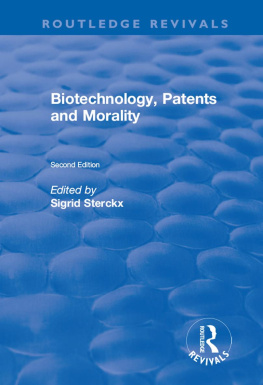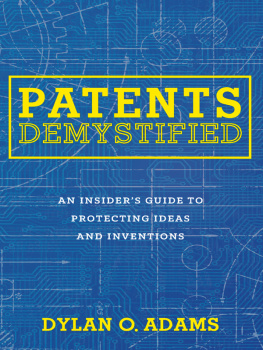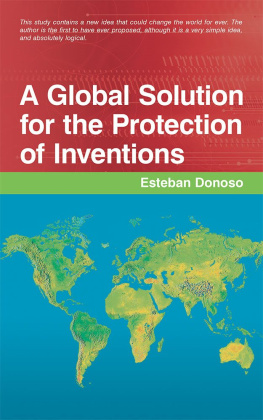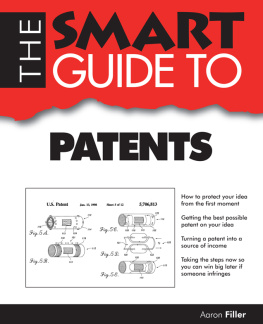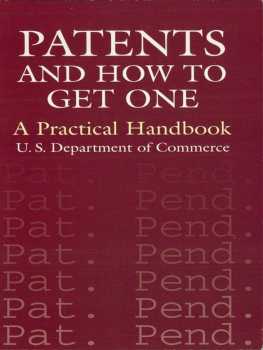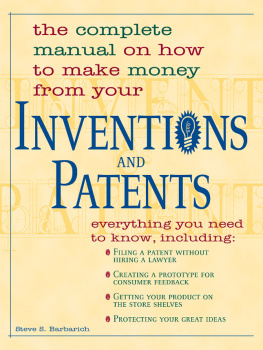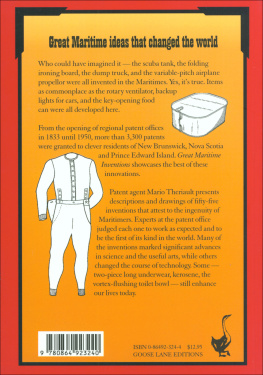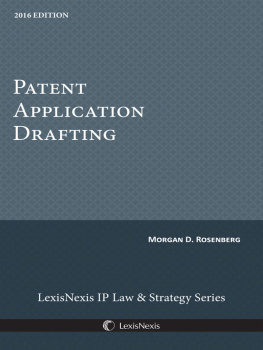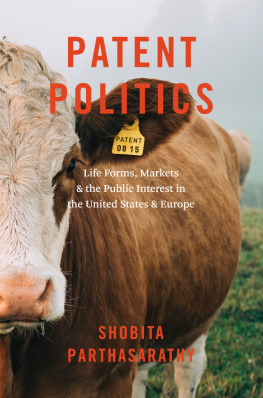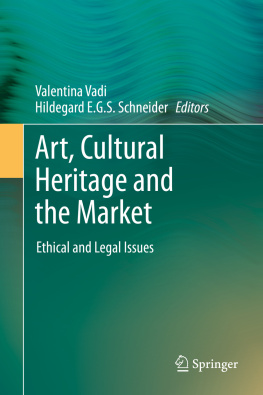First published 2000 by Ashgate Publishing
Reissued 2018 by Routledge
2 Park Square, Milton Park, Abingdon, Oxon, OX 14 4RN
711 Third Avenue, New York, NY 10017, USA
Routledge is an imprint of the Taylor & Francis Group, an informa business
Copyright Sigrid Sterckx 2000
All rights reserved. No part of this book may be reprinted or reproduced or utilised in any form or by any electronic, mechanical, or other means, now known or hereafter invented, including photocopying and recording, or in any information storage or retrieval system, without permission in writing from the publishers.
Notice:
Product or corporate names may be trademarks or registered trademarks, and are used only for identification and explanation without intent to infringe.
Publishers Note
The publisher has gone to great lengths to ensure the quality of this reprint but points out that some imperfections in the original copies may be apparent.
Disclaimer
The publisher has made every effort to trace copyright holders and welcomes correspondence from those they have been unable to contact.
A Library of Congress record exists under LC control number: 99076654
ISBN 13: 978-1-138-73210-0 (hbk)
ISBN 13: 978-1-315-18880-5 (ebk)
Daniel Alexander obtained a BA in Physics & Philosophy at Oxford University College in 1985, followed by a Diploma in Law at Central London Polytechnic and a LLM at Harvard Law School in 1987. He was called to the bar in 1988. He has a practice, and specialises principally in issues such as intellectual property, European Community, scientific commercial law, environmental and administrative law. Mr Alexander is joint editor of books, writer of a number of articles in journals, and frequently gives lectures and talks on legal and scientific topics as mentioned above. Since 1989 he has been involved in a number of high-profile cases.
Tom Claes obtained a degree in moral science at the University of Ghent (Belgium) in 1986, followed by a doctorate in moral science at the same university. From 1990 to 1994 he was employed as Junior Research Assistant, and consequently became project researcher for the Flemish Council of Science Policy at the University of Ghent. In 1994 Dr Claes became Senior Research Assistant. His main fields of scientific interests are: ethical theory, the relation between culture and morality, inter-cultural ethics, comparative ethics, bio-ethics and cognitive science. He is a member of the editorial committee of Cultural Dynamics (SAGE-London).
Dsir Collen obtained a degree in medicine at the Catholic University of Leuven (Belgium). He became a Doctor of Science in 1973 at the same university. He received the title Doctor honoris causa at the Erasmus University of Rotterdam, The Netherlands (1988), at the Free University of Brussels, Belgium (1994), and at the University Notre Dame, USA (1995). Currently Dsir Collen is Professor at the faculty of medicine at the Catholic University of Leuven, and visiting Professor at Harvard Medical School, USA. In addition, he holds the position of Deputy Head of the University Clinic UZ in Leuven. Professor Collen is Director of the Centre of Molecular and Vascular Biology, as well as Director of the Centre of Transgene Technology and Gene Therapy. He is also President of the Department of Molecular and Cardiovascular Research, and of the D. Collen Research Foundation. For his contributions to research, he received several prizes and awards.
R. Stephen Crespi entered the patent profession after an initial training in chemistry and some years laboratory experience in the pharmaceutical and food industries. He has worked in private practice, in industrial patent departments and in the public sector, where he was Patents Controller of the British Technology Group (NDRC) from 1976 to 1988. He has maintained a specialist interest in patenting in the life sciences, particularly in biotechnology, and has been active in publication in this field. He is co-author of Biotechnology and Patent Protection (OECD Report 1985), and author of Patenting in the Biological Sciences (John Wiley 1982) and Patents - a Basic Guide to Patenting in Biotechnology (Cambridge University Press 1988). Mr Crespi practises as a European Patent Attorney and as a consultant to patent firms and to industry. He has assisted the European Commission as an expert on the proposed Directive on the legal protection of biotechnological inventions.
Johan De Tavernier is Professor at the Department Moral Philosophy of the Catholic University of Leuven, Belgium.
Dani De Waele obtained a PhD in Genetics in 1976. Afterwards she deliberately moved into research areas that offered more space for reflecting upon science. At the faculty of Philosophy she worked in temporary multidisciplinary research projects on knowledge acquisition processes in the laboratory of genetics where she previously worked. Research like the one published under the title: Tiny little gods in science: hidden norms in daily scientific activity led to a comparative analysis of explicit and implicit research guidelines in a laboratory of genetics with e.g. the Rgles pour la direction de lesprit and the Discours de la mthode of Descartes. Following this she worked several years in consecutive temporary multidisciplinary projects concerning the socio-economic and environmental-ethical aspects of biotechnology, this on behalf of the so-called social partners and of the Flemish government. At present Dani De Waele is involved in a research project entitled Biotechnology as a challenge for an inquiry into values. Towards a new paradigm for approaching the problematic interaction between nature and culture, a project financed by the Flemish government. She has authored and co-authored many scientific and lay publications, and has given a number of lectures on afore-mentioned issues, more recently particularly in the field of biotechnology.
Steve Emmott is qualified as a barrister. He started as a British civil servant and following this ran a business of his own. He consequently started working for Friends of the Earth in Brussels. At present Mr Emmott is the legal adviser to The Genetics Forum, the only NGO in the UK dealing with the whole range of genetic engineering issues. He also temporarily replaces the Biotechnology Co-ordinator of the Green Group in the European Parliament.
Gerry Evers-Kiebooms is Professor in the Department of Psychology of the Catholic University of Leuven (Belgium). She also holds the position of Head of the Unit Psychosocial Genetics of the Centre of Human Genetics in Leuven. Her main research interests are: risk perception; decision making; psychological aspects of genetic disease; genetic risk and genetic testing and public education about human genetics.

